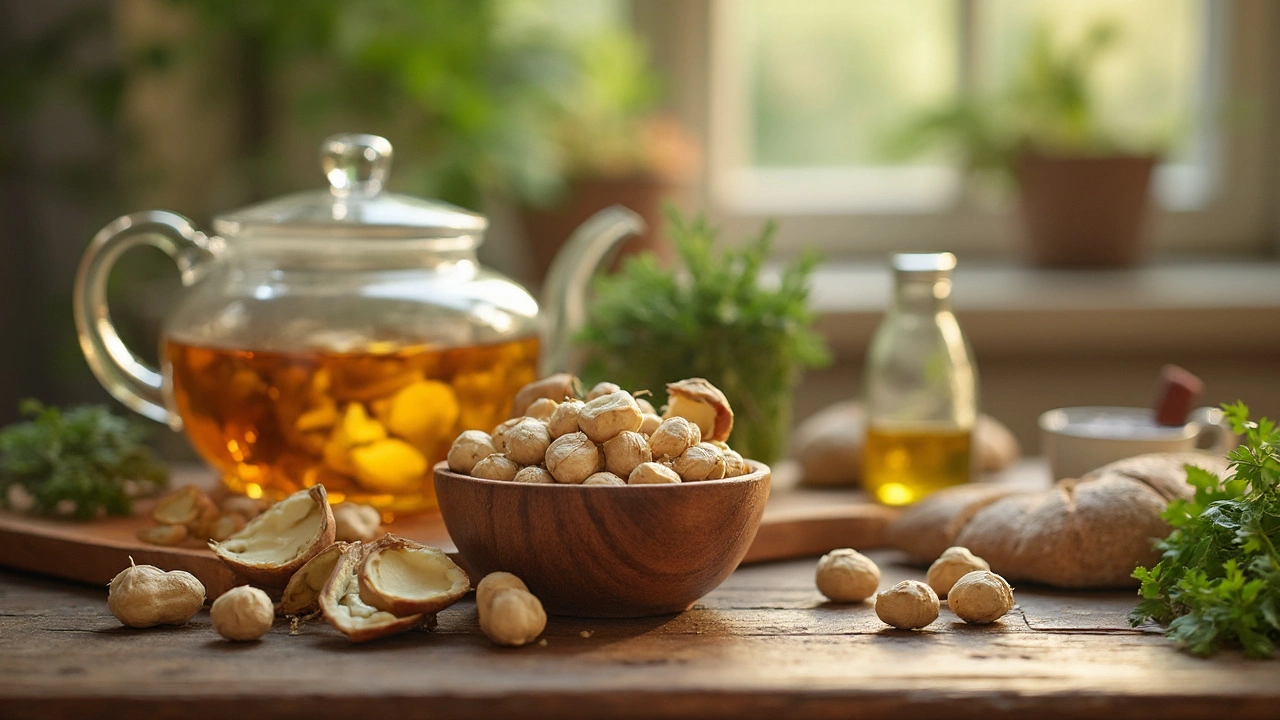Superfood Guide: Real Benefits and Easy Ways to Use Them
Want more energy, better digestion, or clearer skin without extreme diets? Some superfoods can help — but they’re not miracle cures. Think of them as powerful, everyday ingredients that add nutrients and make simple meals work harder for you.
Superfoods tend to be nutrient-dense: lots of vitamins, minerals, fiber, healthy fats, or plant compounds in a small serving. That means you can get more benefit from a few smart swaps at breakfast, lunch, or a snack. Below I list reliable picks and how to use them without overdoing it.
Top superfoods to try
Here are easy, science-backed choices that fit most budgets and kitchens:
- Berries — Blueberries, strawberries, raspberries: high in antioxidants and fiber. Add to oatmeal, yogurt, or smoothies.
- Leafy greens — Spinach, kale, swiss chard: vitamin K, folate, and iron. Toss into salads, soups, or blended into smoothies.
- Black psyllium — Bulk fiber for digestion and steady blood sugar. Mix a teaspoon into water, porridge, or smoothies; increase slowly and drink plenty of water.
- Turmeric — Anti-inflammatory compound curcumin. Use in curries, scrambled eggs, or golden milk; pair with black pepper to boost absorption.
- Fatty fish — Salmon or sardines: omega-3s for heart and brain. Aim for 2 servings a week or consider a fish oil after talking to your doctor.
- Nuts & seeds — Walnuts, chia, flax: healthy fats and fiber. Sprinkle on salads or make a quick chia pudding.
- Legumes & whole grains — Lentils, quinoa, beans: protein, fiber, and steady energy. Swap refined grains for these regularly.
How to use them safely and effectively
Add variety, not single-item obsession. Eat several of the foods above across the week so you get a mix of nutrients. For digestion, start slow when adding fiber-rich items like black psyllium — too much too fast can cause bloating. Drink water with fiber.
Watch for drug interactions. Leafy greens are high in vitamin K and can affect blood thinners. Grapefruit and some supplements may change how meds work. If you take prescription drugs, ask your doctor or pharmacist before starting a new supplement.
Prefer whole foods over powders and pills. Powders can be useful, but check labels for fillers, added sugar, or high doses. Buy fresh or frozen berries (frozen can be more affordable and just as nutritious). For spices like turmeric, pair with a pinch of black pepper and a little fat — it makes the active compound work better.
Simple habit: add one superfood to one meal every day. Breakfast berries, lunch salad greens, dinner fatty fish, and a teaspoon of psyllium in your evening porridge is an easy, balanced plan. Small, consistent changes beat dramatic one-week fixes.
If you want, I can suggest quick recipes using these superfoods or a one-week shopping list that fits a tight budget.







